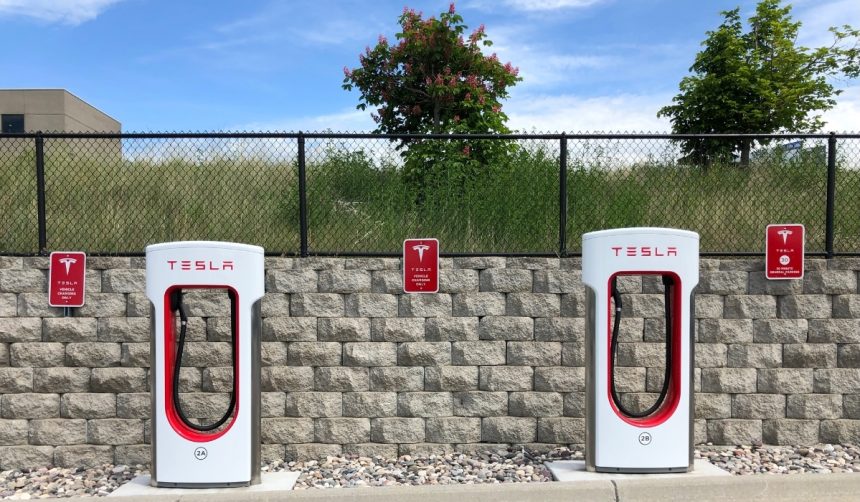South Korea’s automotive import market witnessed a notable performance in February 2025, with the Tesla Model Y classic variant emerging as the top seller. This achievement underscores Tesla’s significant foothold in a market traditionally dominated by established European brands. The surge in Tesla’s sales reflects a broader shift towards electric vehicles among South Korean consumers, influenced by evolving preferences and supportive government policies.
Recent reports indicate a substantial increase in imported passenger car registrations compared to previous years. This growth is partly due to enhanced electric vehicle subsidies and a growing interest in sustainable transportation options. The Tesla Model Y’s success this month builds on its consistent popularity, reinforcing its position in the competitive landscape of South Korea’s automotive sector.
How Did the Model Y Classic Maintain Its Sales Momentum?
The Model Y classic variant sustained high sales figures despite Tesla’s plans to phase it out, demonstrating its enduring appeal among South Korean buyers. Consumers continue to favor this model for its reliability and advanced features, which meet the demands of the local market.
What Is the Current Fuel Mix in South Korea’s Imports?
Hybrids dominated the import registrations with 13,013 units (64.4%), followed by electric vehicles at 3,757 units (18.6%), and gasoline-powered cars at 3,226 units (16%). Diesel vehicles accounted for a minimal share of 203 units (1%), indicating a strong preference for more environmentally friendly options.
What Insights Did KAIDA Provide on the Import Trends?
“In February, new registrations of imported passenger vehicles increased compared to the previous month due to the registration of electric vehicles following the confirmation of electric vehicle subsidies and the new car effect of some brands,”
said KAIDA Vice Chairman Jeong Yoon-yeong.
The executive’s statement highlights the impact of government incentives on boosting electric vehicle imports, suggesting that policy measures are effectively encouraging consumers to opt for greener alternatives. This trend aligns with global movements towards sustainability in the automotive industry.
The consistent performance of the Tesla Model Y classic, coupled with the overall rise in imported vehicle registrations, points to a dynamic and evolving market in South Korea. As consumers increasingly prioritize sustainability and advanced technology, manufacturers like Tesla are well-positioned to capitalize on these changing preferences. Additionally, the competition among top brands such as BMW and Mercedes-Benz remains fierce, driving continual innovation and improvement in vehicle offerings.










